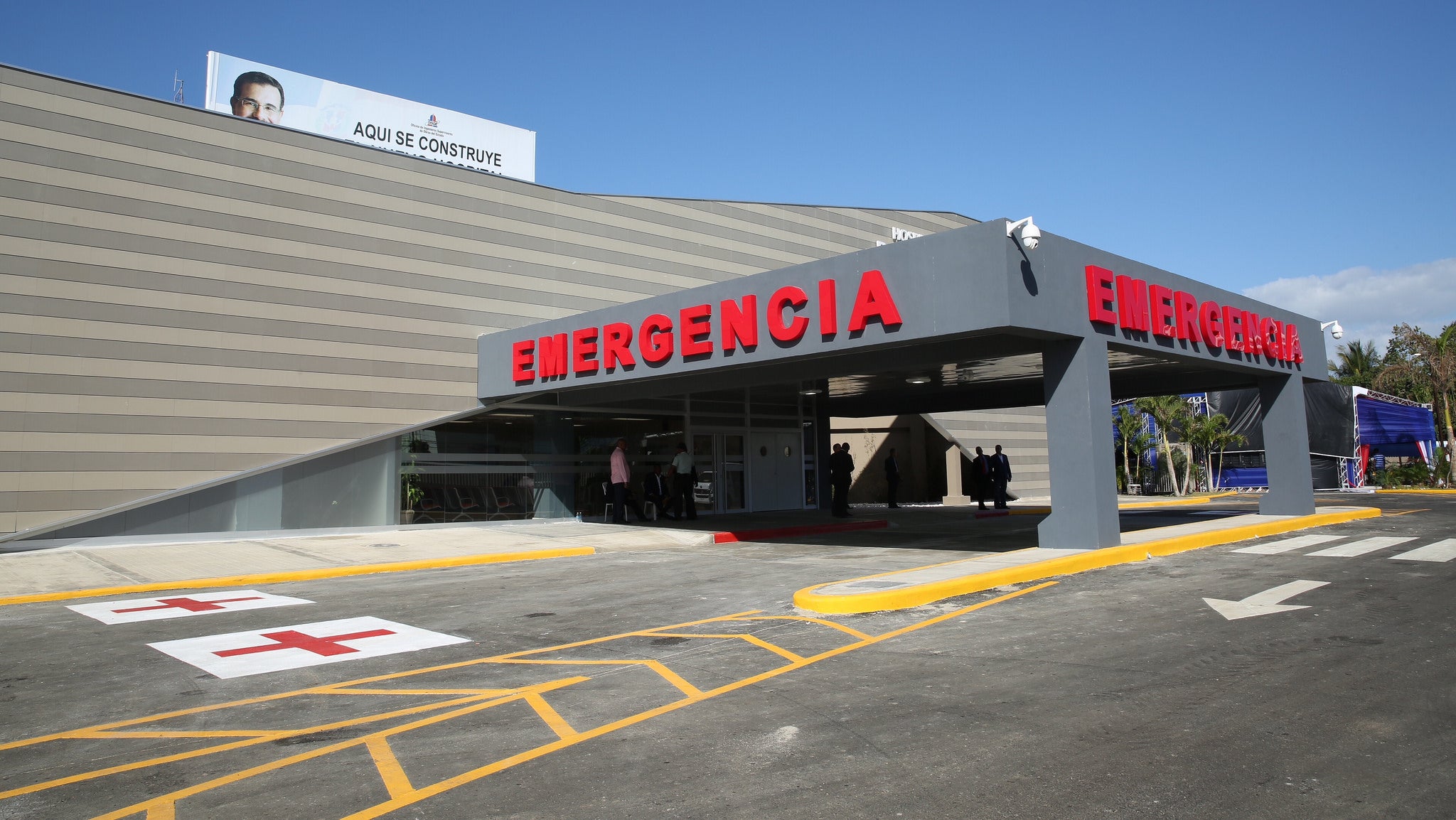When we think of a hospital, we think of a place where our pains and illnesses can be soothed and treated, and where many lives can be saved. However, we do not think of hospitals as potential generators of negative environmental impacts that could affect the health of our community.
A hospital that does not have, at minimum, adequate management of its solid waste, wastewater, and air emissions can become a potential polluting agent that can have serious negative impacts on people and the environment. Both solid waste and wastewater discharges contain pathological biological agents (viruses and bacteria) that can harm people’s health, as well as anatomical waste, sharp/pointed objects, drugs, chemical and radioactive elements, etc. Similarly, air emissions as a byproduct of the burning of hospital solid waste in incinerators can also have serious polluting impacts on both the environment and the community.
However, having an adequate management of environmental and social aspects that is focused on the mitigation, control and prevention of negative impacts is not only necessary at the hospital or corresponding governmental health agency level, but should also be the responsibility of local government. Local governments are responsible for coordinating and supporting hospitals when it comes to solid waste management and wastewater discharge through the implementation and creation of specific locations for the final disposal of solid waste in sanitary landfills, as well as the implementation of adequate sewer systems and wastewater treatment plants.
Currently, many countries in the region have sufficient standards, regulations and requirements for the socio-environmental management of health infrastructure projects. However, in many cases, the institutional capacity of environmental management monitoring agencies to implement these standards and regulations is a much more difficult and complex issue.
Therefore, for the IDB, health infrastructure implementation projects represent a great opportunity to improve socio-environmental management both during the construction and operation of hospitals, as well as an opportunity to find ways to improve institutional capacity. During the preparation and implementation of these operations, the Bank ensures that the most appropriate international standards for this sector are applied.
What are they?
- The development of strategies that allow for the implementation of adequate hospital solid waste management plans in order to have adequate handling from the point of generation to the point of final disposal;
- The treatment of wastewater to prevent the discharge of untreated water directly into the environment;
- The prevention of air emissions associated with incinerators, above industry standards;
- The implementation of plans to maintain optimal drinking water standards within hospital facilities;
- Conservation initiatives for the consumption of drinking water and electricity;
- Strict occupational health and safety plans; and
- Mechanisms for citizen participation, including the participation of the community, non-governmental organizations, and local government representatives.
Accordingly, the Bank approaches its operations in the area of health infrastructure in a comprehensive fashion. Not only do we focus on making sure a hospital fulfills its mission to provide the best health services to the community, but we also focus on making sure that the environment and the community directly and indirectly affected by these projects do not suffer negative impacts, which can frequently be irreversible. Therefore, the IDB builds hospitals that heal!
Photo: Ángel Álvarez Rodríguez/Presidencia República Dominicana


Leave a Reply